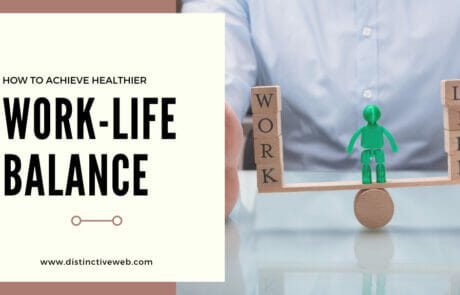
Years of college or university, then onto your first full-time job. You may switch companies and advance in your industry. But as the saying goes, change is good, and you are ready for a shift in a completely new direction. Exciting as it is, consider the career change advice below before taking the plunge:
Why?
A simple word with a possibly complicated answer. Why do you want this midlife career change? Are you simply bored with your current job or company, or maybe you dislike your manager or co-workers? Schedule a heart-to-heart with yourself to understand the source of your desire to change careers.
Determine what your career change will be
Saying that you want to “work in computers” – does that mean programming? Network administrator? Technical writing?
Data entry? Is it a real career with a future or is it a flash-in-the-pan fad? Do solid research to make sure that your choice is valid, concrete, and attainable.
Do jobs exist in that career?
You know the career change that you want and that it is a valid choice. You also need to make sure that jobs exist. Some careers, like construction, can be cyclical and fluctuate based on trends.
Others, like accounting, are more stable. Check your local papers and talk with recruiters to understand the likelihood of employment. You may need to change locales or tweak your career change selection based on your findings – are you willing to do that?
Are you qualified for that career?
Despite your education in your previous career, you need to examine the qualifications required for your job change. Do any aspects of your education thus far apply to your intended career?
Can you register for continuing education while still working or do you need to be a full-time student? Are there grants or loans available for older students that you can obtain? What you need to do to achieve a career change and the length of time needed to do it can encourage – or alter – your plans.
Can you support yourself with your new career?
Depending where you are in life and what your mindset is, this question may be very important, or not all. If you are more financially comfortable, then this question may not affect you much.
However, if you still need to pay off that mortgage and send the kids to college, then investigate salary surveys and career ads to review the range of salaries – both entry-level and senior – to ensure that your financial house will still be in order.
Be prepared to start at the bottom of the career ladder
If you are changing careers after years of being in your current one, chances are you will become a junior employee again. Your years of experience in another industry and general knowledge of the working world will come in handy, but you may be on par with those just entering the workforce.
This could affect your feelings about your new career, so be prepared to start at the bottom, but happily there’s only one way to go – up!
Expect days of drudgery
Starting a new career is exciting in its novelty. Think back to every new job you started – weren’t they sparkly too? Once that sheen wears off, your new career will also have days of drudgery. Are you ok with that?
Embarking on a career change is a huge step for anyone to take. By following the career change advice above, you can strive to make that change as easy and stress-free as possible. Good luck!









